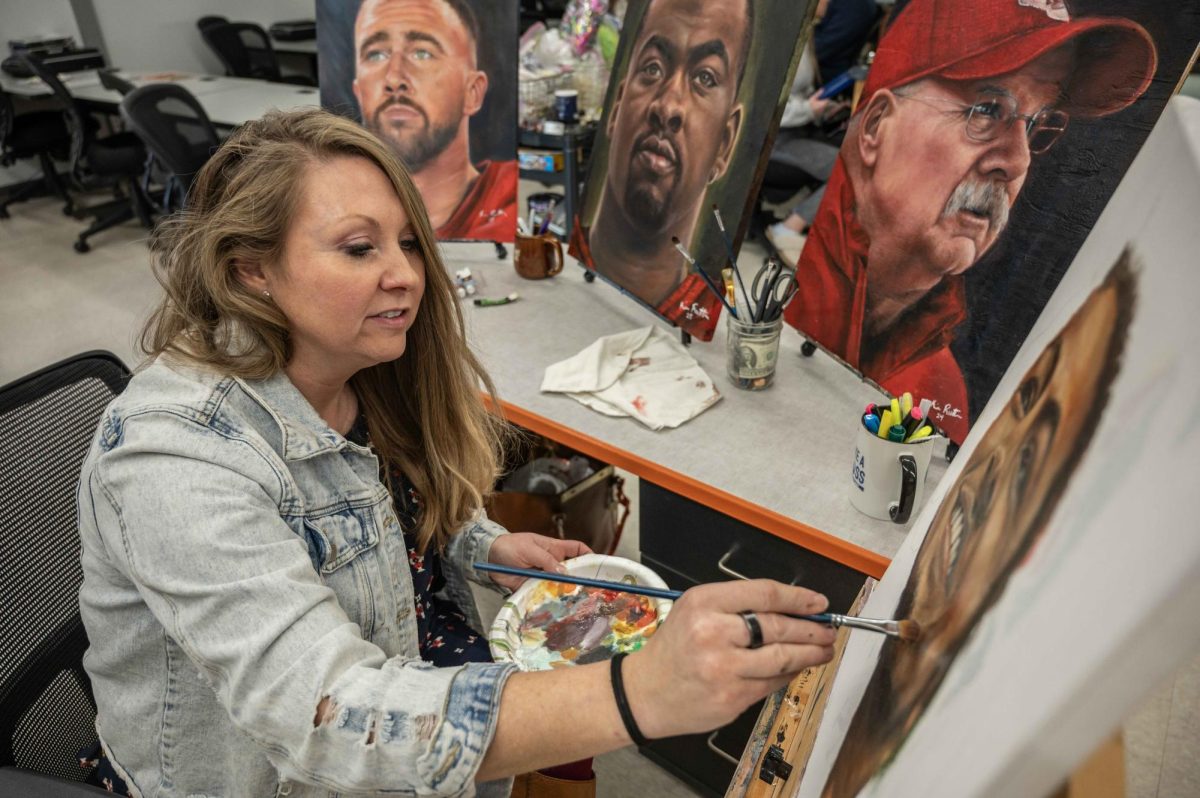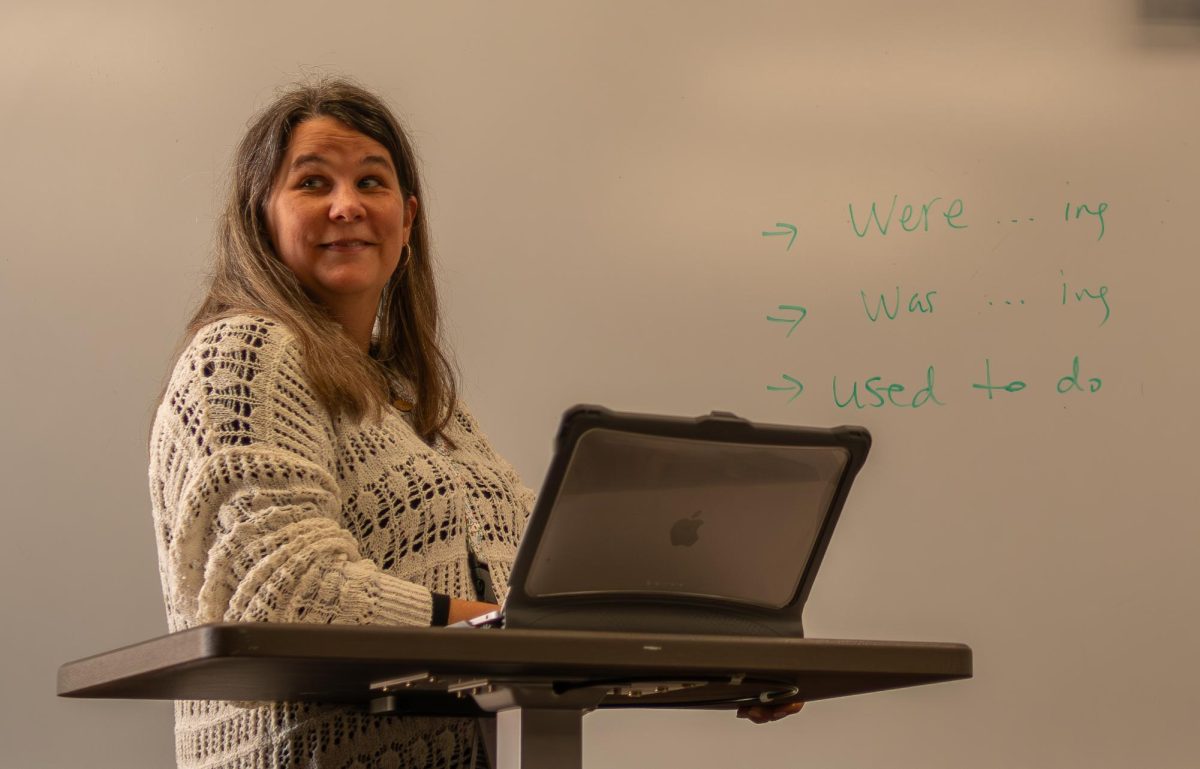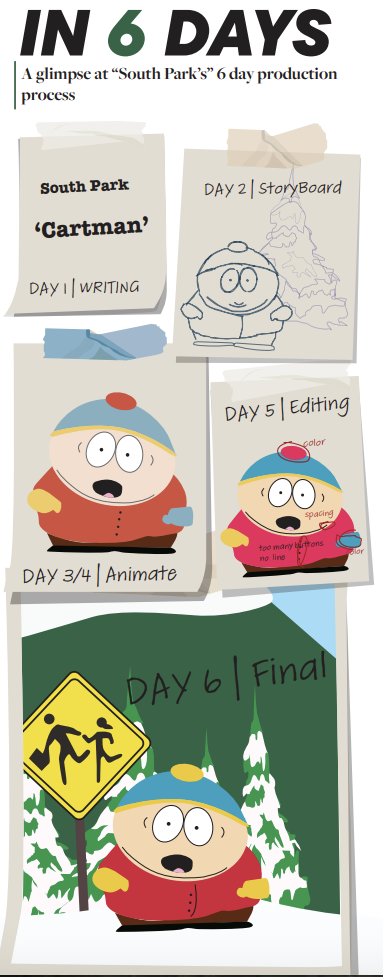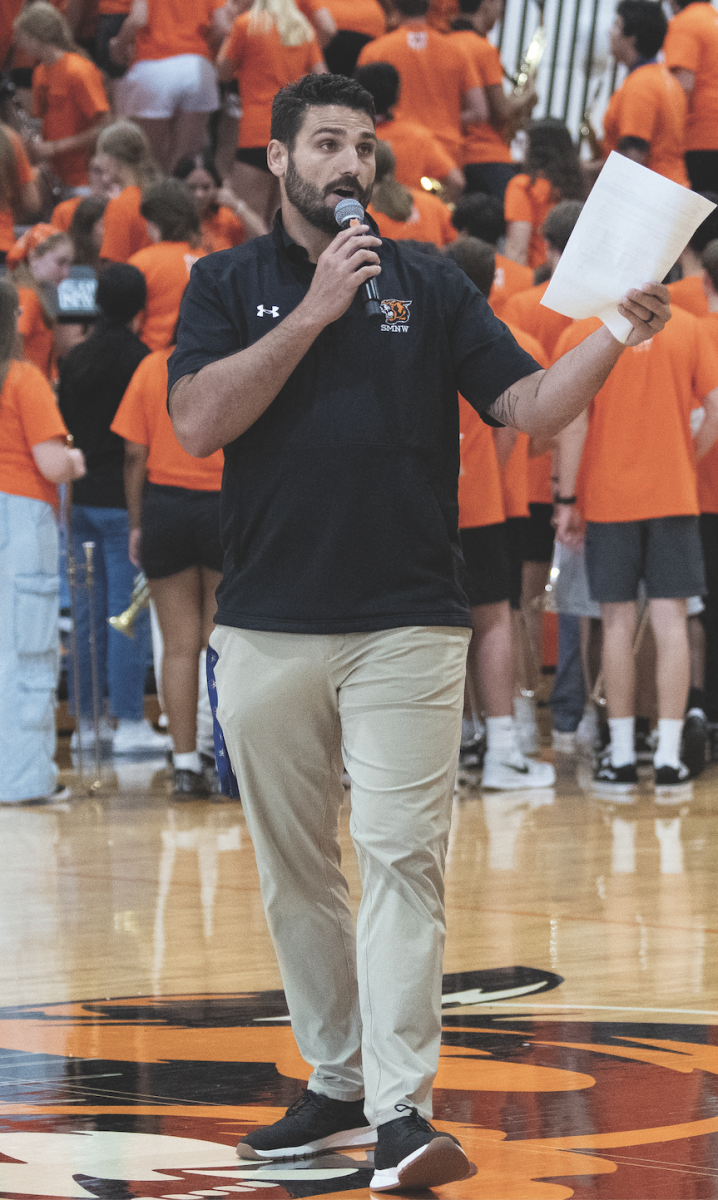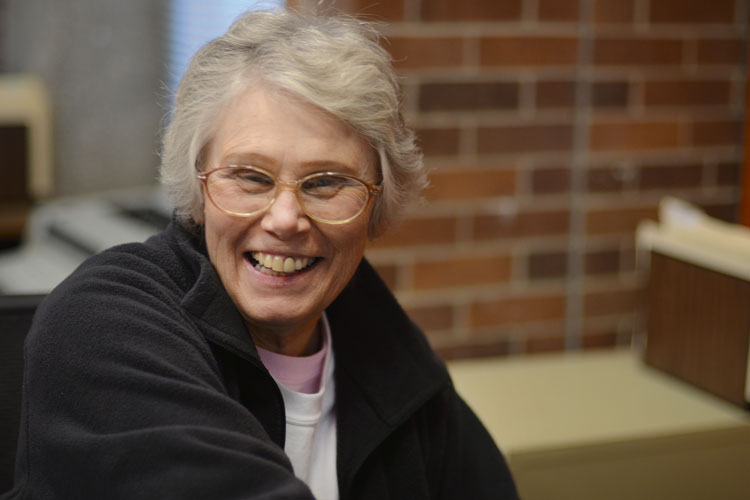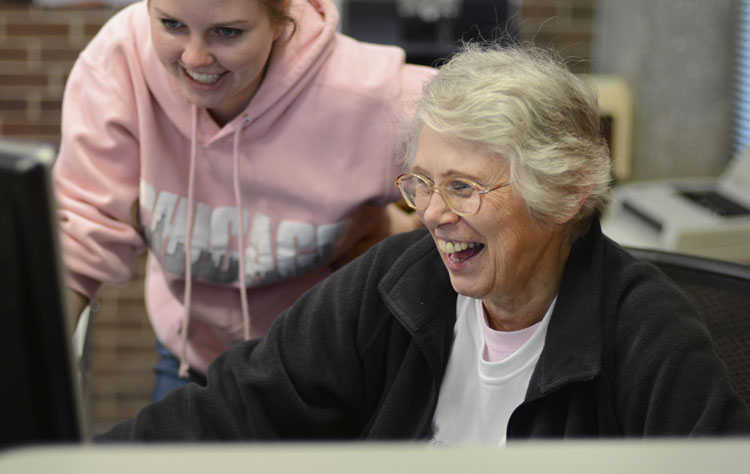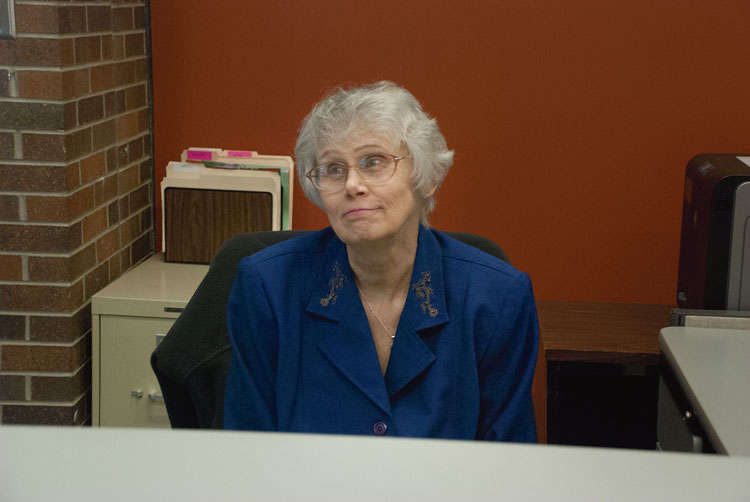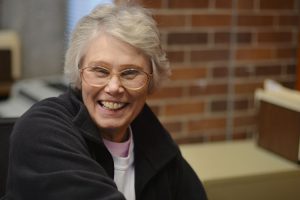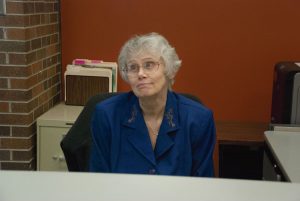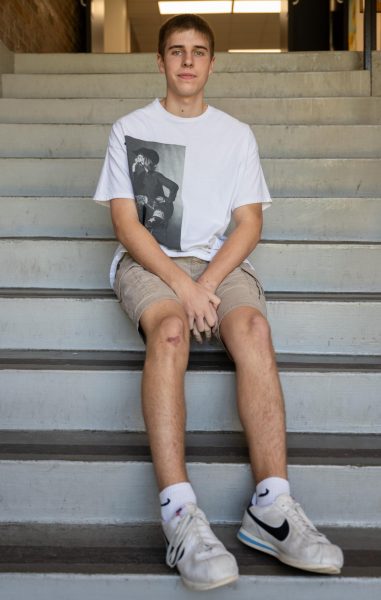The Beat Goes On
December 10, 2012
photos by Monica Castellon and Reagan Key
Counseling secretary Christina (Chris) Nick left school at 10:30 a.m. on Oct. 15, planning to go to the doctor to be treated for flu symptoms. She planned to return to school later that day. Instead, her doctor sent her directly to the hospital.
“I couldn’t feel my legs, but I was never in any pain,” Nick said. “I felt like I had a brick on my chest.”
Nick’s heart was racing at 220 beats per minute, causing damage to about 15 percent of her heart. Nick did not return to work for 15 days. The diagnosis was congestive heart failure and atrial fibrillation, a type of irregular heartbeat that occurs when one or both of the upper chambers of the heart beat erratically and become out of sync with the two lower chambers.
“I had been in cardiac arrest for two weeks,” Nick said.
Congestive heart failure affects nearly six million people in the United States. Congestive heart failure does not mean that the heart has stopped working; it is when a weak heart can no longer pump enough blood to supply the other organs of the body. Blood pressure is the force pushing against the walls of the arteries as the heart pumps blood. When the pressure increases and stays high over time, it can damage the body in many ways. The condition is brought on by factors that overwork the heart, but often shows no signs or symptoms. People with the condition may go years without knowing they have it.
“My mother had congestive heart failure that was brought on a by a virus,” Nick said. “She was diagnosed 15 years ago. They gave her five years, and she’s still here 15 years later.”
Congestive heart failure is not hereditary though.
“Mine was brought on by high blood pressure,” Nick said.
Since returning to school, Nick has started just where she left off. She spends hours proofreading senior names, making sure each letter is correct in every single name that will be printed on a diploma this spring.
“I’m the background person in your graduation,” Nick said.
This will be Nick’s 14th graduation as the counseling secretary. November 14 marked her 27th year of working in the Shawnee Mission School District.
“You will probably be taking me out of here seeing me use a walker,” Nick said, “ there goes Ms. Nick in her cotton hose and her big red hat and her pocketbook.”
Students are the reason why Nick keeps coming back to work.
“My students are my escape. It’s like being at the beach, or at the park; I love every student in this building,” Nick said.
Nick thinks that Northwest has a great faculty, support staff and parents. If she believed a student was correct and a counselor thought differently, Nick said she would stand up for that student.
“I don’t always win, but I love the kids,” Nick said.
Nick’s condition can be treated with medication and a healthy diet.
“I’m on nine medications a day, and I will probably be on them for the rest of my life, and I’m supposed to stay as stress-free as I can,” Nick said. “I’m on a low-carb, no-sodium diet and with liquid restrictions. Exercise also plays an important role in the treatment.”
Nick also has something to do on her bucket list.
“In three years, when my grandson Tyler turns five, just before he starts kindergarten, we plan on riding the Space and Splash Mountain together at Disneyland,” Nick said.
Despite the hardships that come with the condition, Nick keeps a positive attitude about the situation. At the end of the day, Nick believes that, as quoted by singers Sonny and Cher, “The beat goes on.”


